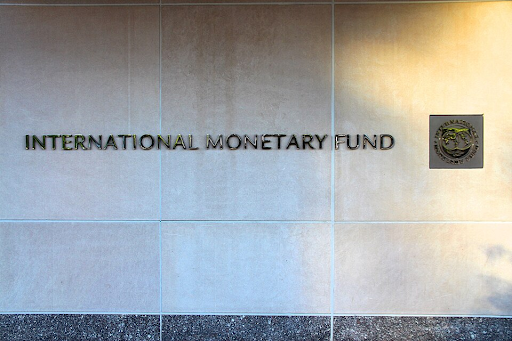The immediate economic fallout from Donald Trump’s tariffs has been more limited than feared, prompting a global financial body to raise its world GDP growth forecast to 3.2% for the year. However, the institution’s latest report pivots to new, gathering threats, warning that the overall outlook remains decidedly “dim.”
The report expresses significant concern over the economic consequences of restrictive immigration policies. In a direct warning, it calculates that the US government’s current stance could slash its own GDP by 0.3% to 0.7%. Furthermore, industries that rely on immigrant workers, from farming to hospitality, could face severe labor shortages and “stronger inflationary pressures.”
Another major risk highlighted is the potential for a financial market downturn. The report describes stock market valuations as “stretched,” suggesting that prices have detached from fundamentals, partly due to investor mania for generative AI. It warns that any reassessment of AI’s potential could trigger a “correction,” causing a “rather sharp” decline in aggregate investment.
This focus on new threats does not mean the old ones have vanished. The report emphasizes that the full impact of trade tariffs is yet to come, comparing the current situation to the period immediately following the Brexit vote, before business investment began its steady decline. The apparent resilience is seen as a result of short-term consumer behavior.
For the UK, the outlook is one of modest growth (1.3%) but significant inflation challenges. The country is forecast to have the highest inflation in the G7 over the next two years. This underlines the difficult balancing act facing the Bank of England as it navigates both domestic price pressures and a fragile global economic environment.
Beyond the Tariffs: Immigration and AI Named as Top Threats to World Economy
11

